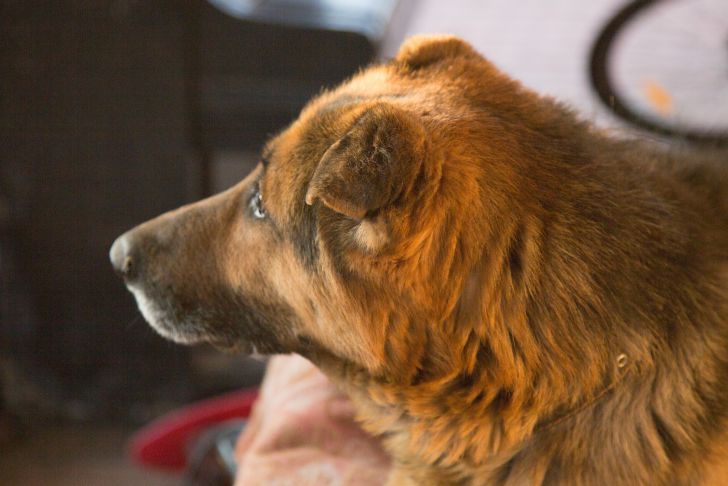As our dog ages, it requires special care and attention.
Senior dogs need a specific approach to ensure they have a comfortable and happy old age. Here are some helpful tips from experts on how to properly care for senior dogs.
Old dogs don't need the long games and training they used to. They choose a quiet life, but that doesn't mean they need less care.
Here are some tips that can make your pet's life more comfortable and joyful, and help you get rid of unnecessary fuss.
Attention
The most important thing an older dog needs is your attention.

Keep in mind that as your dog ages, he will become less active, his hair will become grey, and he will have problems with his teeth, joints, eyes and digestion. It is important to be attentive to changes in his behavior and health, and to provide him with appropriate care and treatment.
Regular walks
Older dogs still need regular walks in the fresh air. This will help keep your pet active and healthy.
Try changing your usual routes, let your dog explore new places. Remember that in bad weather you should be especially careful and protect your pet with clothing if necessary.
Regular check-ups with a veterinarian
Routine veterinary visits are important for the health of older dogs. They can help identify and prevent disease problems, and provide necessary vaccinations and treatments.
Don't forget about regular parasite treatments and other necessary procedures to keep your pet healthy.
Patience
As a dog ages, its character and mood may change. It may become more demanding or exhibit new habits.
In such situations, it is important to be patient and understanding. Remember that your pet needs your love and care even in old age.
Previously, it was reported about the rules of conduct when meeting a wolf .









